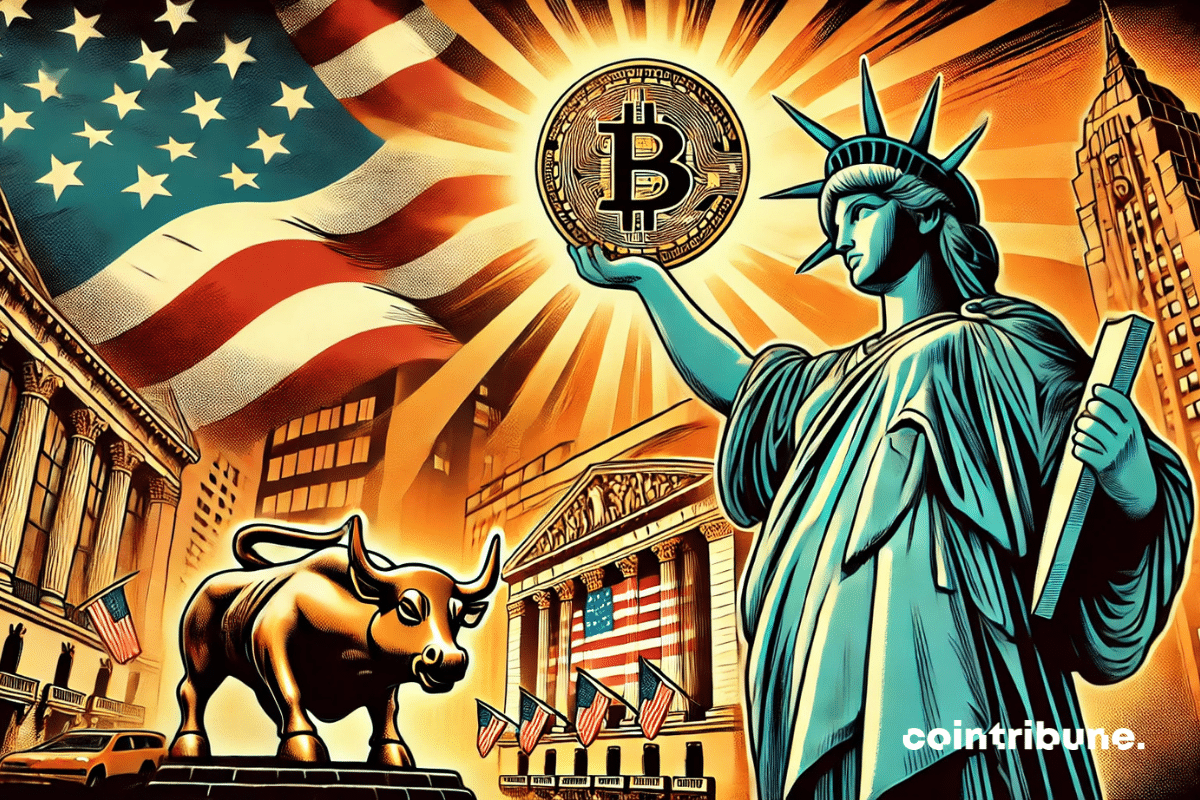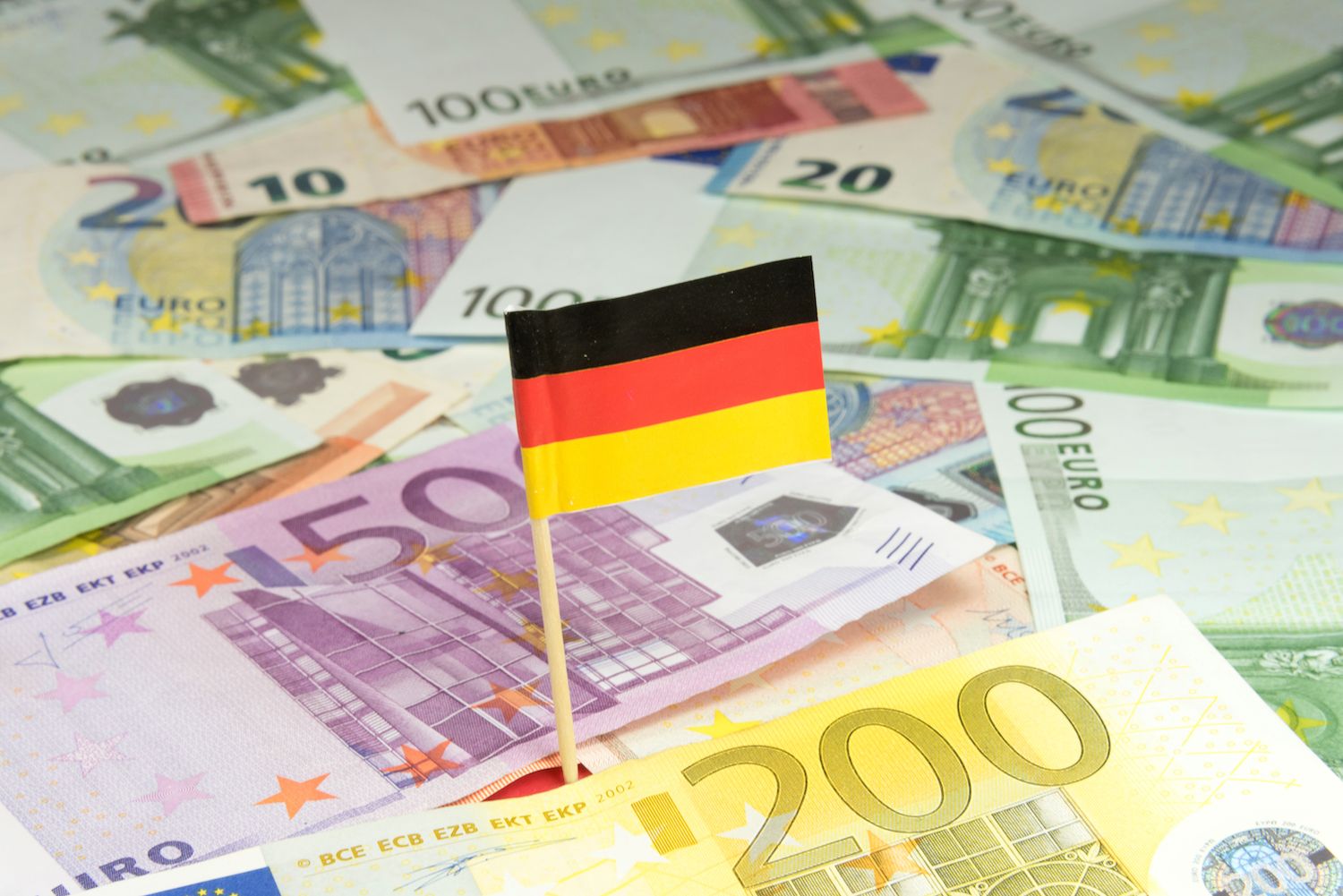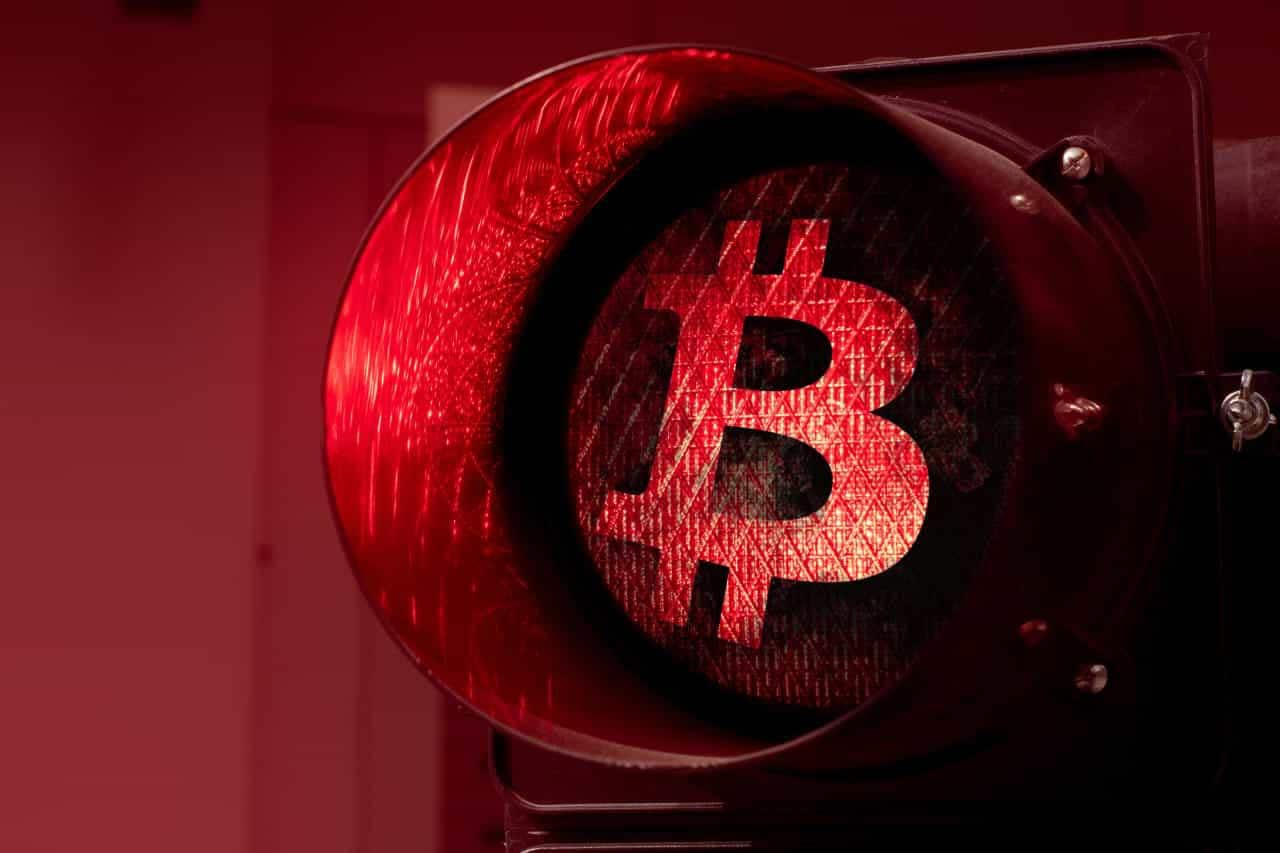Bitcoin as an Alternative to Gold: A New Monetary Era
In a recent statement, a US government official hinted at the potential of Bitcoin (BTC) becoming an alternative to gold for the coming decades. This suggestion has sparked curiosity and excitement among investors and financial enthusiasts alike.
The Background: Gold and Bitcoin as Stores of Value
Gold has long been considered a safe-haven asset and a store of value. It has been used for thousands of years as a medium of exchange and a hedge against inflation and economic uncertainty. Bitcoin, on the other hand, is a digital currency that was created in 2009. It operates on a decentralized network, making it immune to government control and manipulation.
The Similarities: Scarcity and Decentralization
Both gold and Bitcoin are scarce. The former has a limited supply of approximately 197,000 tons, while the latter has a maximum supply of 21 million coins. Additionally, both are decentralized, meaning they are not controlled by any single entity.
The Differences: Liquidity and Portability
Despite their similarities, there are significant differences between gold and Bitcoin. Gold is a physical asset that requires storage and transportation, making it less liquid and less portable than Bitcoin. Bitcoin, on the other hand, can be easily transferred and stored digitally, making it a more convenient store of value.
The Future: Bitcoin as Digital Gold
The US government official’s statement suggests that Bitcoin could become the digital equivalent of gold. This would mean that investors would view Bitcoin as a store of value and a hedge against inflation and economic uncertainty, much like they do with gold.
The Impact on Individuals: Diversification and Financial Freedom
For individuals, this development could mean greater financial freedom and diversification. By investing in Bitcoin, they could protect themselves against inflation and economic instability. Furthermore, Bitcoin’s decentralized nature makes it less susceptible to government control and manipulation.
The Impact on the World: Stability and Innovation
On a larger scale, the acceptance of Bitcoin as an alternative to gold could lead to greater financial stability and innovation. It could reduce the reliance on traditional financial institutions and governments, leading to a more decentralized and democratic financial system. Additionally, it could open up new opportunities for businesses and individuals to transact and invest globally, without the need for intermediaries.
Conclusion: A New Monetary Era
The US government official’s statement marks the beginning of a new monetary era. It signals a shift towards decentralized, digital currencies and away from traditional financial systems. While the future is uncertain, one thing is clear: Bitcoin’s potential as an alternative to gold is an exciting development that could change the way we view and use money.
- Gold has long been considered a safe-haven asset and a store of value.
- Bitcoin is a digital currency that operates on a decentralized network.
- Both gold and Bitcoin are scarce and decentralized.
- Gold is a physical asset that requires storage and transportation, making it less liquid and less portable than Bitcoin.
- The US government official’s statement suggests that Bitcoin could become the digital equivalent of gold.
- Individuals could benefit from greater financial freedom and diversification.
- The acceptance of Bitcoin as an alternative to gold could lead to greater financial stability and innovation.





